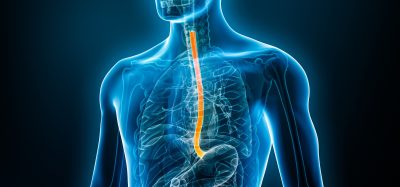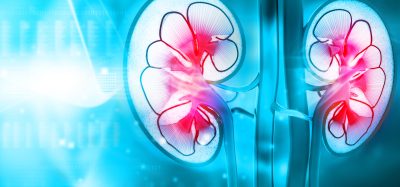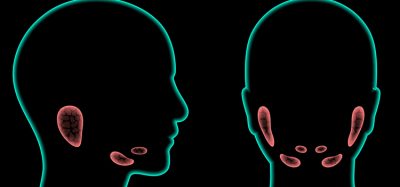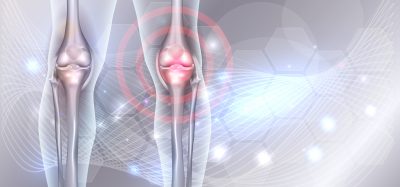Scientists initiate first ethical guidelines for organs cultivated in vitro
Posted: 23 January 2017 | Niamh Marriott (Drug Target Review) | No comments yet
Organ models, which are cultivated in the laboratory from human stem cells and grow into living tissue, are one of the most important scientific breakthroughs of recent years.
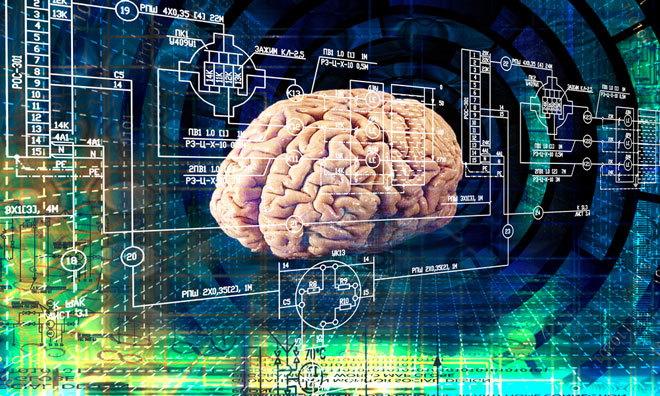

Jürgen Knoblich, a leading authority on stem cells and deputy director of the IMBA (Institute for Molecular Biotechnology of the Austrian Academy of Sciences), together with international experts, presents a first ethical guideline for research into human organ models. He argues for critical and responsible engagement with the new technology.
In vitro organs
Scientists, patients and the wider public have high hopes for this emerging field of research, as so-called “organoids” have a huge potential in terms of research and modern medicine. In-vitro organ models allow complex organ development studies and pathogenetic analyses to be carried out directly in human tissue.
New substances and therapies can be tested on human material much more quickly using this technology. Regenerative medical practice could conceivably cultivate the required tissue in the laboratory from the cells of a patient and, lessen dependency on organ donations.
Biomarkers aren’t just supporting drug discovery – they’re driving it
FREE market report
From smarter trials to faster insights, this report unpacks the science, strategy and real-world impact behind the next generation of precision therapies.
What you’ll unlock:
- How biomarkers are guiding dose selection and early efficacy decisions in complex trials
- Why multi-omics, liquid biopsy and digital tools are redefining the discovery process
- What makes lab data regulatory-ready and why alignment matters from day one
Explore how biomarkers are shaping early drug development
Access the full report – it’s free!
No more animal testing
The use of organoids could also significantly reduce the need for animal experiments, although biologists believe these cannot be completely eliminated in the foreseeable future.
Organoids – high hopes and bioethical dilemmas
From an ethical perspective, this new technology raises a whole range of issues. These include important caveats in relation to the use of human embryonic stem cells or the application of gene therapies to prevent or treat diseases.
Jürgen Knoblich believes that “the development of organoids is unexplored scientific territory. As a researcher, I am fascinated by the huge potential of this technology. However, I also believe it’s my job to actively promote dialogue around responsible research and to engage the wider public in the discussion”.
In 2013, the stem cell specialist made scientific headlines worldwide with his laboratory-cultivated brain models. In the latest policy statement issued in collaboration with the immunologist and geneticist Hans Clevers and the bioethicist and Member of the Dutch Parliament, Annelien Bredenoord, the researchers also examined for the first time the most important ethical dimensions of organoid research.
According to Knoblich, “we hope that our work has created a solid foundation for the establishment of framework conditions for responsible engagement with this new technology”.
Related topics
Organoids
Related organisations
Institute for Molecular Biotechnology of the Austrian Academy of Sciences
Related people
Jürgen Knoblich



